The medieval Muslim scholar Ibn Khaldun (1332-1406) is a household name in Morocco and the Muslim world and is often credited with inventing what we now call the “social sciences.” Like several scattered landmarks and names throughout Islamic history, he is invoked to wrest moments of glory for a people that are painfully aware that they are now mere consumers of Western knowledge and methods. Long neglected, Ibn Khaldun’s Book of Examples (with its famous introduction known as Muqaddima), written over a period of 25 years, was only discovered in the last two centuries and has since then generated a veritable library of research, but no one comes close to dedicating an entire lifetime to this eccentric faqih (religious scholar) and intellectually audacious qadi (judge) than the Moroccan scholar Abdesselam Cheddadi. His recently published book, The World Until 1400 According to Ibn Khaldun: A Global History, crowning, as he states in his dedication, “more than forty years of research,” is a genre all its own, combining a meticulous overview of Ibn Khaldun’s work with a theoretical attempt to rescue his subject from the blind spots of Western history.
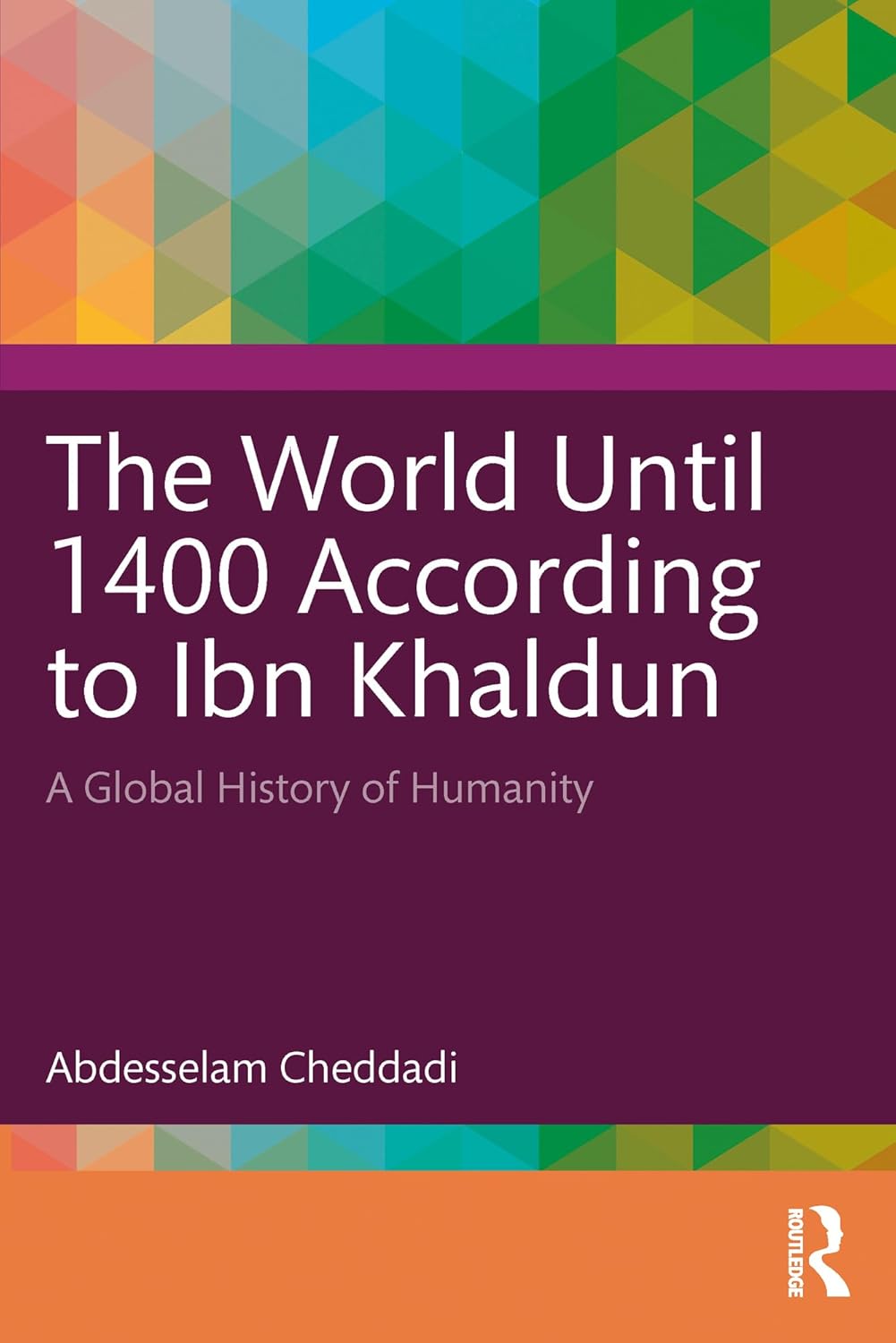
The eruption of Europe on the world stage in the 16th century with its relentless drive for dominating the rest of the world generated a set of values that made it impossible for Western historians to read the culturally diverse world that preceded theirs (the Fragmentary Age, with its different nations, or “relevant spatiotemporal units” or RSTUs, in Cheddadi’s terminology, one that covers the Neolithic Age up until the 16th century or the Global Age). Shaped by the hegemonic attitudes of their nations, they couldn’t access the spirit of the Fragmentary Age, even when they claimed to write global histories, let alone capture the world of Ibn Khaldun, whose habitus was the vast abode known as dar al-islâm (House of Islam).
It is as a devout faqih paying close attention to the various poles of the Islamic world that Ibn Khaldun cast his eyes on the workings of nations, not the lives of leaders and dynasties, an approach that Cheddadi tells us may be the most original part of his work. By taking the nation as his main unit of study, Ibn Khaldun was able to combine what we may call today anthropology and sociology, while paying close attention to power relations, since power is indispensable for maintaining civilized life in cities as well as controlling surrounding rural areas, where farming typically takes place. Moreover, Ibn Khaldun doesn’t romanticize human nature: as social creatures, humans are, by definition, political.
Ibn Khaldun borrows from the biblical and Quranic accounts of creation to craft his history. Adam is the first human being and, by definition, must have been a farmer, since there can be no humanity without agriculture. Adam and his descendants were a failed experiment in humanity and were consequently drowned into oblivion. Noah salvaged what he could on his wooden Ark and gave a new start to humanity by having his three sons start new nations (races) in the four corners of the known world. (The Chinese, not to mention Americans, were not in God’s plan.) Embracing a form of geographical determinism and dividing the world into seven climates, Ibn Khaldun was convinced that civilization is a feature of temperate zones, with Iraq and Syria as premier locations. People removed from such zones, such as sub-Saharan Africans, are “closer to dumb animals than to rational beings” and “cannot be considered human beings.” Equally damning to these unfortunate people is that they “knew no revealed religion.” Yet Ibn Khaldun is somewhat kinder to the Magians, who had no “divinely revealed book” and constituted “the majority of the world’s inhabitants,” but still managed to have a semblance of civilized life. Ibn Khaldun takes the supernatural (âlam al-ghayb) for granted, although Cheddadi tells us that he was “very embarrassed and hesitant on this issue.” Prophecy is proffered on “a limited number of men chosen by God and present only among certain people.”
Ibn Khaldun can’t imagine civilization without a monarch or strongman, although he warns against State intervention in the economy and the ruinous effects of excessive taxation. If a culture of luxury is one of the hallmarks of civilization, then such oppressive measures are inevitable to maintain this lifestyle, which then, paradoxically, spell the decline and end of the State because it discourages private commerce and shrinks the legitimate tax base. Taxing hard-working farmers, risk-taking traders, and craftsmen out of their businesses takes away the funds needed to maintain a sovereign and his elites, including salaried bureaucrats (“people of feathers”) in power. The best way to delay (not avoid) the inevitable is a policy of kindness and justice, combined with virtue.
When a civilization collapses, so does its cultural edifice, since education, scientific research, and the cultivation of the arts are funded in urban areas. In this regard, Ibn Khaldun reminds readers that most scholars of early Islam were non-Arab since Arab Bedouins, with their oral traditions, didn’t have access to these arts. Perhaps as a hint that Muslims are in a state of decline, he notes that the sciences are once again flourishing in the countries of the Frank and the region of Rome. In any case, the Maghrib, in his view, is the weaker part of the Muslim world in terms of anchored civilizations; Spain, Egypt, and the Middle East are on a stronger footing.
We are repeatedly reminded that Ibn Khaldun’s account is inescapably ethnocentric, relying, as he did, on what he knows about Islam and its nations. We also note how he was conveniently blinded by his faith, condemning Africans to a sub-human status and skipping over major nations that bordered dar al-islâm. But how could he overlook China, especially when talking about the use of paper in bookmaking? Paper is a Chinese invention that was introduced to the Muslim world following the conquest of Central Asia. The same is true of his steadfast belief in the absolute truth of Islam. There were several freethinkers during the Abbasid period, known as zanadiqa (heretics), including the celebrated physician Razi, who questioned revelation and prophecy. Ignoring or misrepresenting nations beyond one’s natural horizon is an understandable form of ethnocentrism, but overlooking aspects of one’s history is an ideological bias, one that is not fit for scholars, as Ibn Khaldun himself would attest.
There is much more in Cheddadi’s critical synthesis of Ibn Khaldun’s work in the context of world history that can’t be captured in a brief review like this one. (This is a review of The World Until 1400 According to Ibn Khaldun, not of Ibn Khaldun’s voluminous work.) His razor-sharp dissections of the savant’s work allow him to question the prevailing assumptions of modern historians, including those who claim to do global history. But he is not despairing of this theoretically commendable effort. Engaging in such a history may be necessary, now that RSTUs have dissolved into an amorphous global community tied together by the chains of capitalism, provided we assume that the human is a “construction” and that such a history takes into account the “continuities and ruptures” of history.

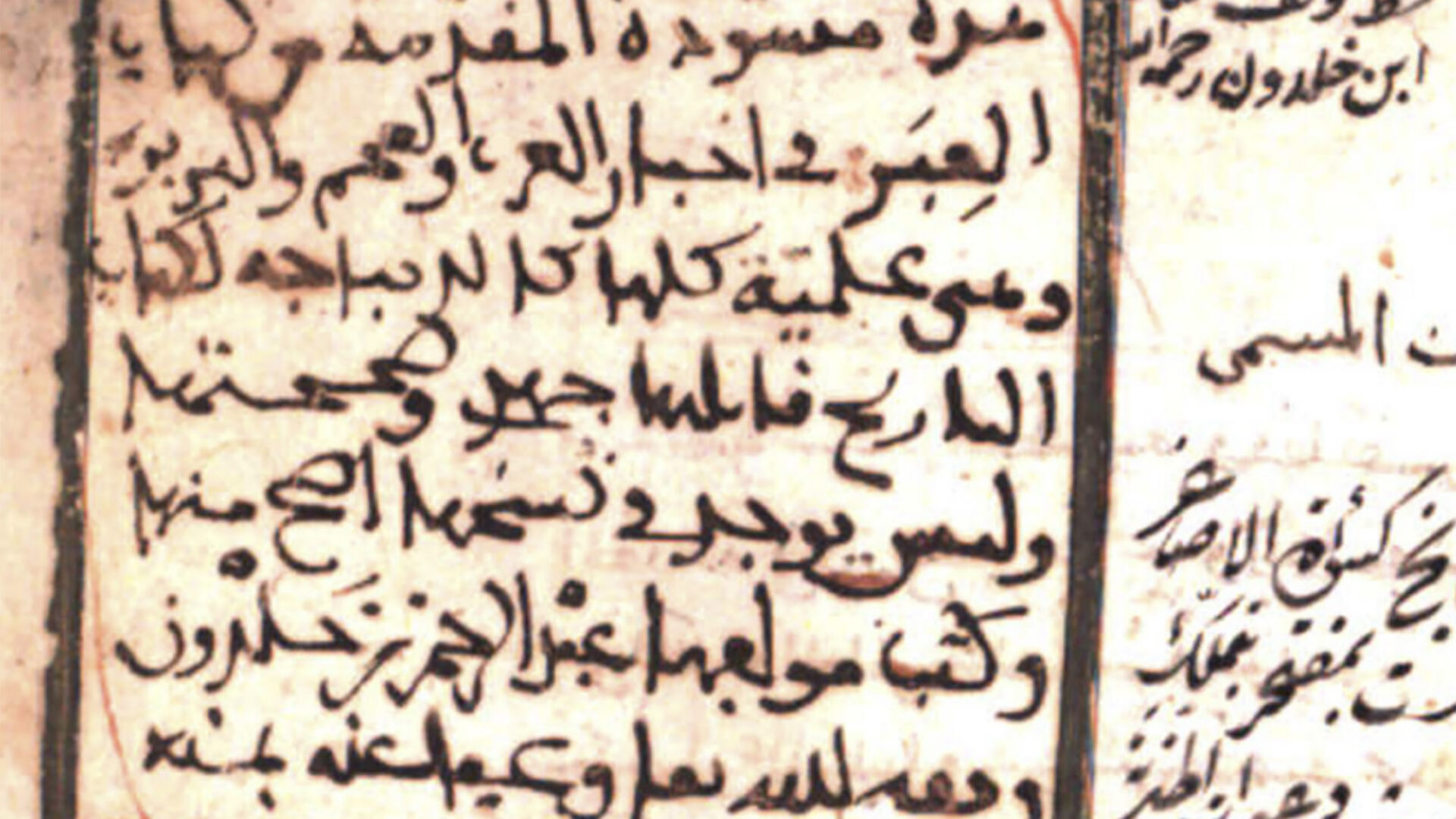
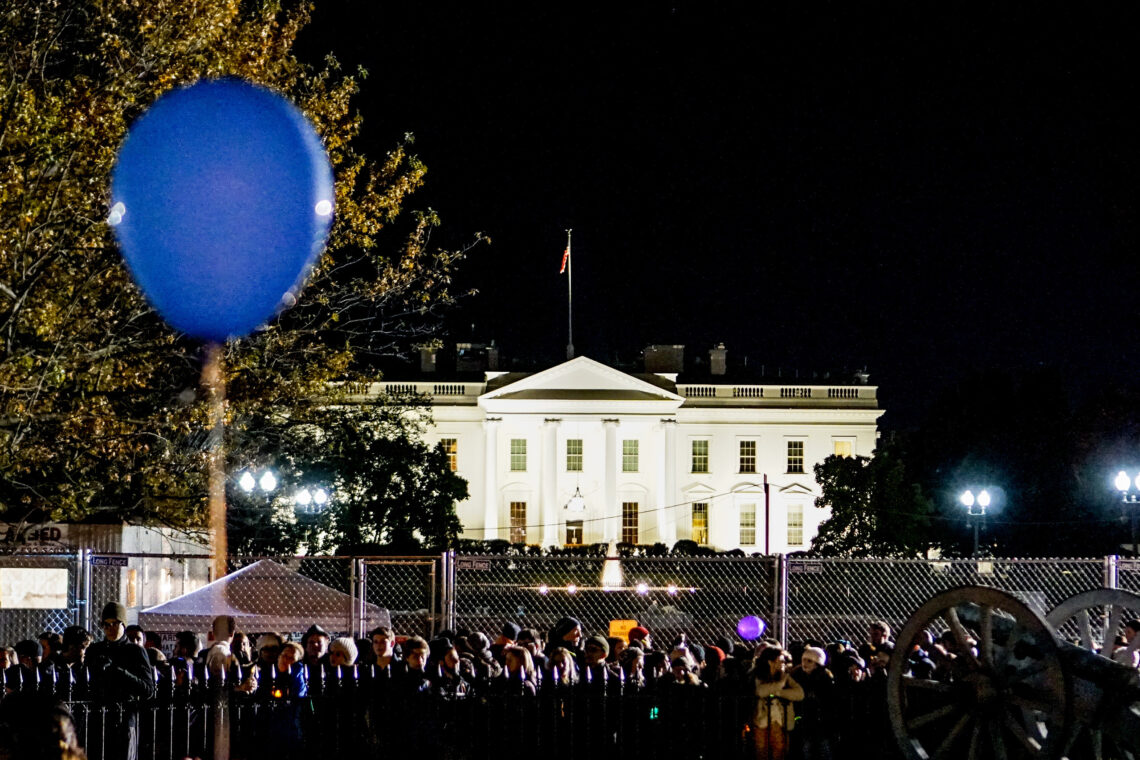
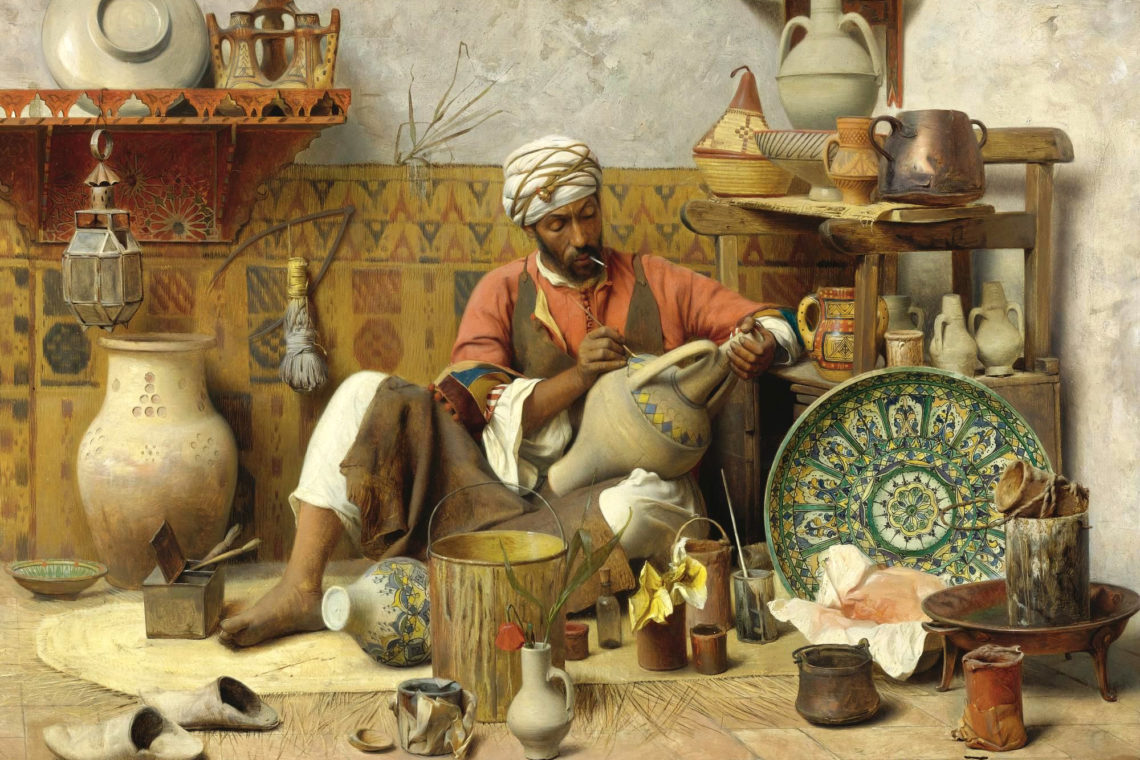
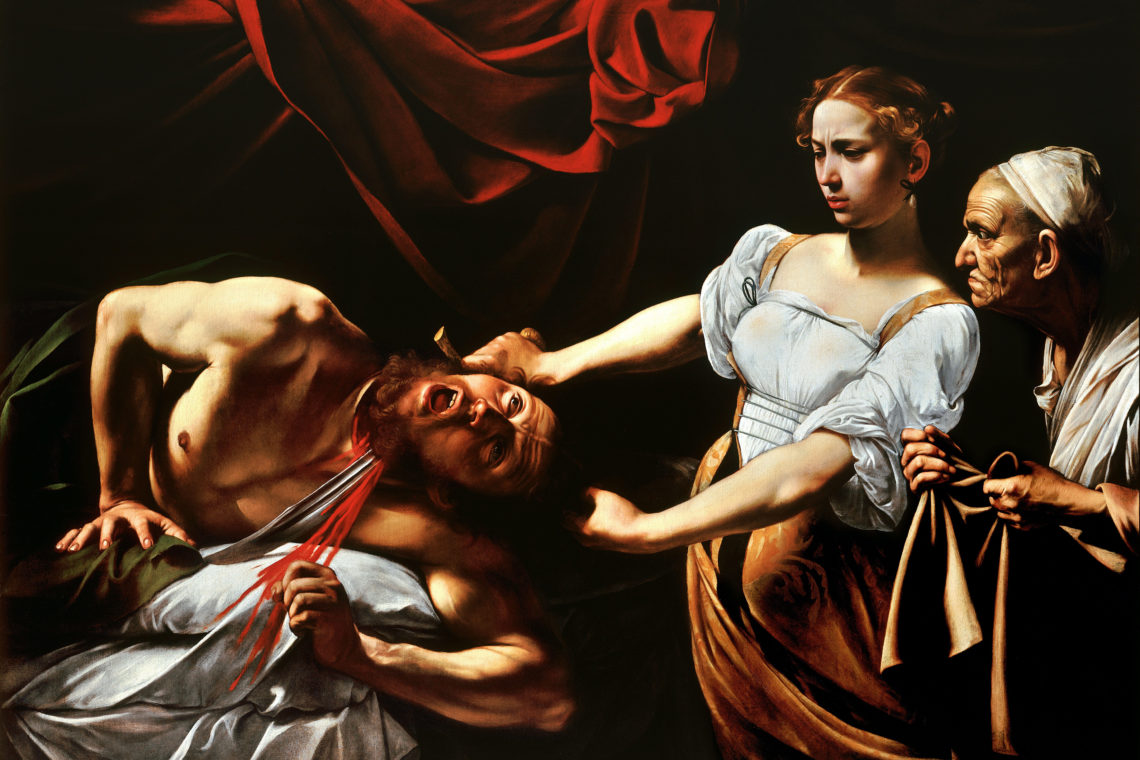
Comments are moderated by the editor and may not appear on this discussion until they have been reviewed and deemed appropriate for posting. All information collected is handled in a manner consistent with our privacy policy.